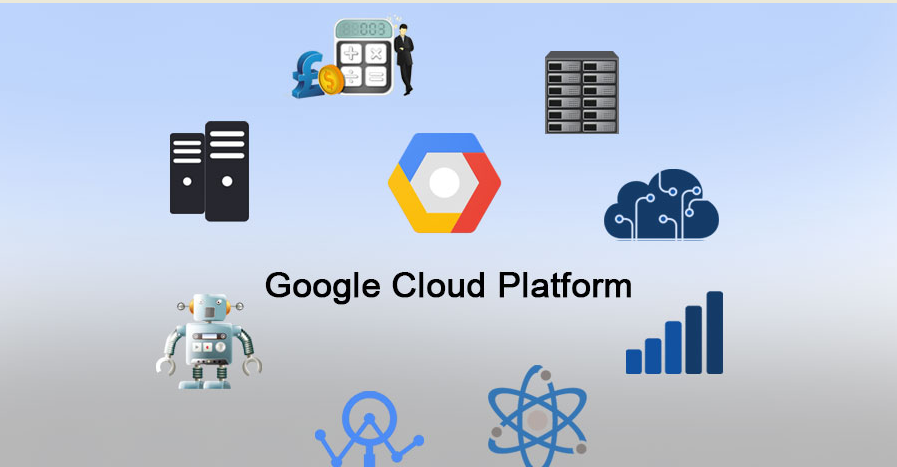When we talk about best trainer we means a lot of it. It relates to our career, education, and our future. He always plays a key role in our life as he prepares us for our upcoming days, years, and what we will be in our future. Directly and indirectly he is like a god to us. So having a good trainer is very important. So, today we will talk about a best trainer in Bangalore, but before that let’s get to know about DevOps –
What is DevOps

In today’s world, DevOps is the most modern and superior SDLC methodology. DevOps is a collection of methods, tools, and a mindset that automates and integrates software development and IT teams’ processes. Team empowerment, cross-team communication and collaboration, and technology automation are all emphasized.
It improves the speed and quality of software deployment by collaborating between developers and operational teams.
DevOps teams employ tools to automate and speed up procedures, which improves reliability.
The DevOps lifecycle is divided into six phases that represent the development methods, capabilities, and tools. Teams collaborate and communicate throughout each phase to maintain alignment, velocity, and quality.
Continuous Integration, Continuous Development, Continuous Testing, Continuous Monitoring, Continuous Deployment, Continuous Operations, and Continuous Feedback.
What is the goal of DevOps
Every effective DevOps program has the following important aims and principles.
Ensures that teams work together effectively
Shared ownership is essential for effective collaboration in any activity. Everyone involved in the development process should accept the notion that they are all equally liable for the entire process. Each team member should be active in the development, testing, and deployment. They should realize that they both have a stake in the eventual result. The DevOps paradigm defines and breaks down the transfer of work from one team to another. Because the collaboration between all of the teams involved is streamlined, the entire development process is accelerated.
Builds infrastructure platforms that are scalable
DevOps’ main goal is to provide a long-term infrastructure for apps that makes them highly scalable. Scalable apps have become an imperative need in today’s corporate environment, thanks to the demands of the current business sector. The scaling procedure should be reliable and totally automated in an ideal circumstance. As a result, when a marketing campaign becomes viral, the app will be able to adapt to any situation. Because the software is scalable, it can adapt to high traffic volumes while still providing an excellent user experience.
Develops capability for on-demand release
Companies must concentrate on maintaining a releasable state for their software. The program will be able to add new features and go live at any time thanks to continuous delivery. DevOps strives to automate the release management process because it has numerous benefits. Release management that is automated is predictable, quick, and consistent. Furthermore, companies can issue new versions as needed thanks to automation. Complete and thorough audit trails are also included in automated release management, as these are required for compliance.
Improves feedback speed
Automating repetitive operations like testing and reporting will speed up the process of providing timely feedback. Because the development team will know what has to be changed, the updated version will be released sooner. Furthermore, the team will have a greater understanding of the impact of the modifications it has made to the software lifecycle. Team members will be able to operate more efficiently together if they have a clear knowledge of the adjustments. The operations team and developers can make better decisions as a group and improve the app’s performance with quick feedback.
Best and Experienced Trainer in Bangalore
If you are finding a best DevOps trainer in Bangalore then it is Rajesh. He is Corporate, Technical, and Public trainer. He is DevOps, DevSecOps, and SRE certified. He has 16+ years of experience in IT and has expertise in –
- DevOps and infrastructure provisioning technologies, such as (Ansible, Terraform, Puppet, Chef, Git, and Jenkins).
- Understands source control system (Implementing DevOps Development Processes) and how to scale git for enterprise DevOps.
- Managing Code Quality and Security Policies in a DevOps Pipeline by using Continuous Integration.
- implementing a Container Build Strategy
- Able to set up a Workflow for Release Management
- Create a deployment pattern that is acceptable.
- Designing a Dependency Management Strategy (Implementing Dependency Management)
- Keep track of security and compliance.
- He can design and create course outlines, course materials, technical labs, handouts, and other materials for topics based on DevOps technologies and software.
